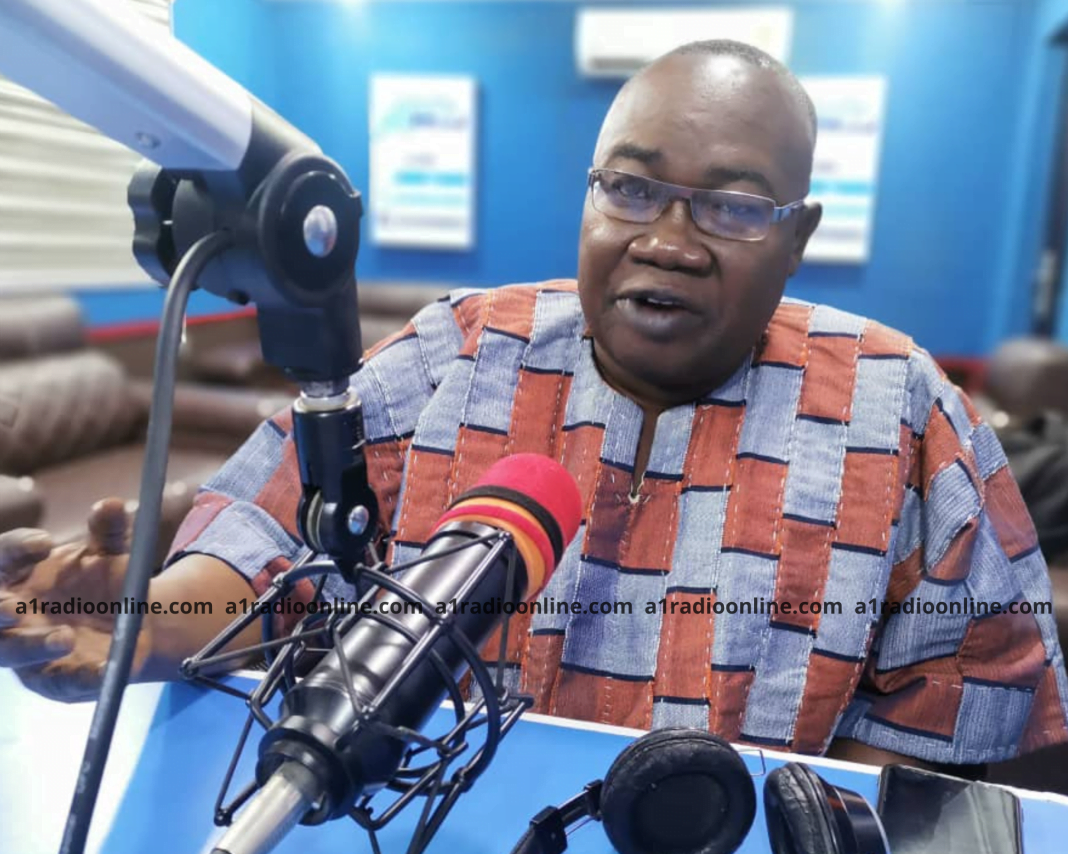Answering a question posed by the Member of Parliament for Builsa South, Dr. Clement Apaak, the Health Minister, Kwaku Agyeman Manu said the recommendations of a survey are under review for onward action. The survey gauged the thought of health professionals on proper incentivisation to move to rural areas.
“Mr. Speaker, a survey has been conducted to solicit the views of health workers on measures to attract and retain them to work in deprived areas. From the survey, the willingness of health workers to accept posting to any of the deprived areas is based on financial and non-financial incentives.”
“They recommended non-financial incentives such as scholarships, accommodation defined by existing policy, standard medical equipment, and transfer after 3 to 5 years upon request. Again, financial incentives include 34% basic salary as an incentive for mild deprived areas, 38% as basic allowance for moderate deprived areas, and 40% basic salary as incentive allowance for severely deprived areas,” he said.
Deputy Ranking Member on the Health Select Committee, Dr. Mark Kurk Nawaane, speaking on A1 Radio’s Day Break Upper East Show said it is essential for the health professionals to be properly catered for to move to rural areas.
“Doctors posted to the 5 regions of the north do not report. A case in hand is the Oti region where 10 doctors were posted there and only reported. Dr. Apaak asked a question about the posting of doctors and what is being done about it. It came out that there are two places that needed to be worked on; the area of financial inducement and getting certain infrastructure in place. For example, a doctor going to a rural area, must have a decent accommodation. There should also be a good amount of the health substructure, for example, a theatre for him to practice the skill that he or she has learnt. Apart from that, then comes the financial inducement part that has to do with their salaries,” he explained.
Because doctors in urban areas are able to work with private facilities, they’re able to rake in more income unlike their counterparts in rural areas. To level the playing field, the Ministry of Health must make some additions to the base pay of the rural doctor in rural areas to serve.
Dr. Nawaane explained that an implementation of the recommendations of the working committee as alluded to by the Finance Minister must be implemented.
Meanwhile, underserved regions, towns, and districts may adopt local tactics in addition to national policies that the government will undertake through the Ghana Health Service to encourage doctors to practice there.
Speaking to Mark Smith on A1 Radio’s Day Break Upper East Show, Vice-President of the Ghana Medical Association (GMA), Dr. Justice Yankson, stated that the Upper West Region had succeeded in growing its doctor population through locally supported incentivization measures.
“If you go to a place like the Upper West Region now, you can see that the number of doctors has gone up. Hitherto, it was not like that. I have been there to see things for myself. Some administrators, regional ministers that they had actually made a proactive effort to poach young doctors, some even right after school and introduced them to the areas. Some actually fell in love with those areas and are not prepared to come back,” he said.
The template for incentives could be owned by the Ministry of Health but nothing stops underserved areas from localising same.
Source: A1radioonline.com|101.1MHz|Mark Kwasi Ahumah Smith|Ghana


